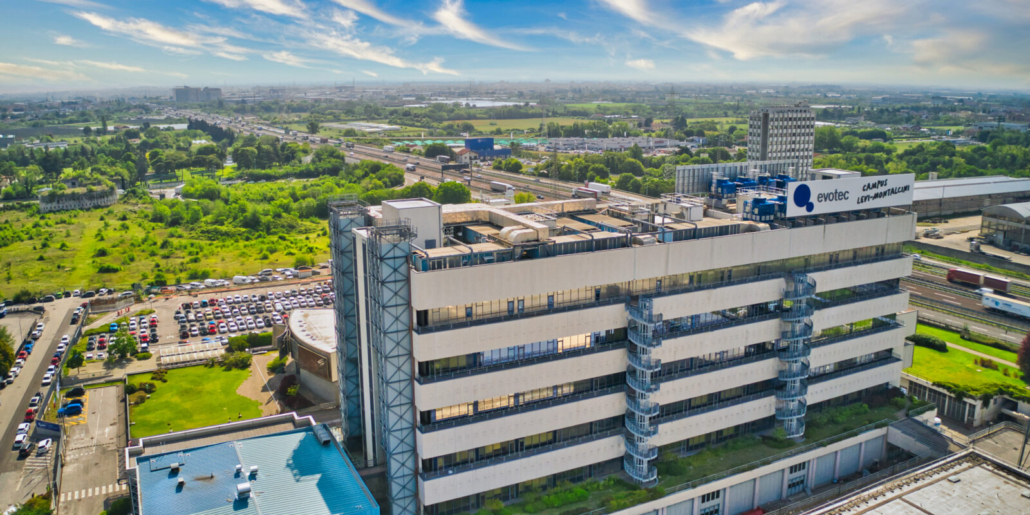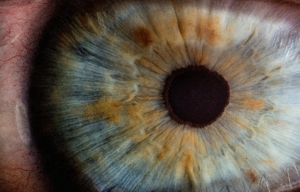
SynaptixBio Ltd and Evotec SE expand collaboration
Evotec SE is widening its 2022 R&D collaboration SynaptixBio Ltdi to optimise and identify new antisense oligonucleotides to treat children with H-ABC leukodystrophy, a rare genetic myelin synthesis defect that shows similar symptoms such as multiple sclerosis.
The symptoms of H-ABC and multiple sclerosis are similar. Unlike the neurodegenerative autoimmune disease, the underlying myelin atrophy in the brain in H-ABC leukodystrophy is genetic: a defect in the TUBB4A gene slows down myelin production and leads to motor problems similar to MS due to impaired stimulus transmission as a result of the defective Nevens sheath. In 2022, UK-based licensed the worldwide rights to antisense nucleotides (ASOs) that inhibit the activity of the TUBB4A gene from the Children’s Hospital of Philadelphia (CHOP) in Cincinnati.
At the end of July, SynaptixBio announced its collaboration with drug discovery specialist Evotec SE, which began in April 2022, for the purpose of expanding the pipeline with additional drug candidates for the treatment of H-ABC.
In addition to ASOs, the patent granted in 2022 to discoverer Adeline Vanderver also provides for shRNAs and RNA guide strands for CRISPR editing to target the activity of the most prevalent p.Asp.249Asn (D249N mutation of the TUBB4A gene. However, the joint drug discovery is initially focussing on other ASO candidates. The aim is to prepare the first clinical tests of the ASO candidate developed at CHOP in humans. SynaptixBio also received a £490,000 grant from UK Innovate last year for the development of a second candidate for less common TUBB4A mutations. In addition, the Food and Drug Administration granted orphan drug status to an ASO candidate for the treatment of another TUBB4A leukodystrophy leukodystrophy (isolated hypomyelination). The virtual company relies on research service providers and CDMOs for drug development.



 Unsplash+
Unsplash+ Unsplash+
Unsplash+